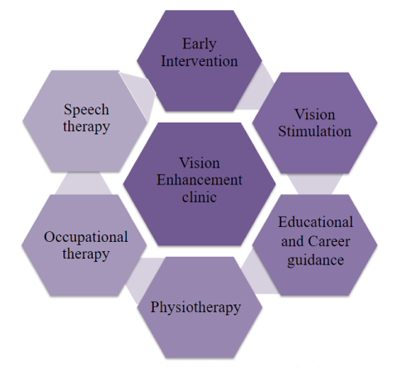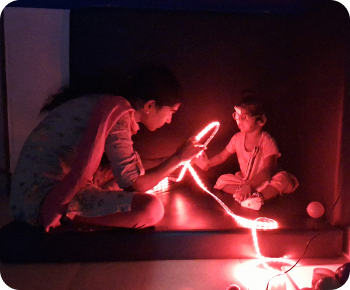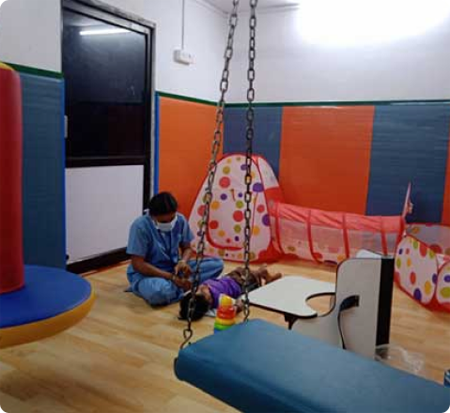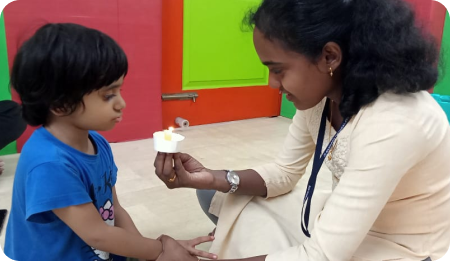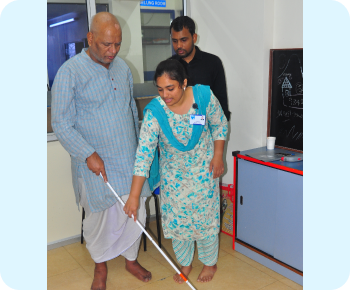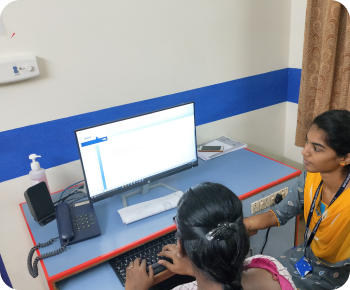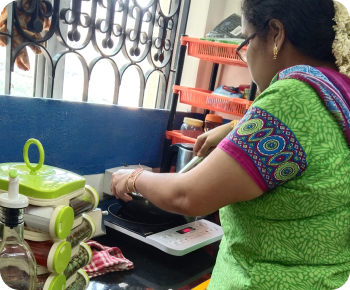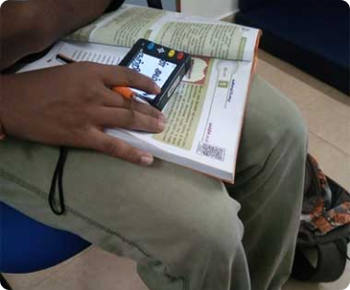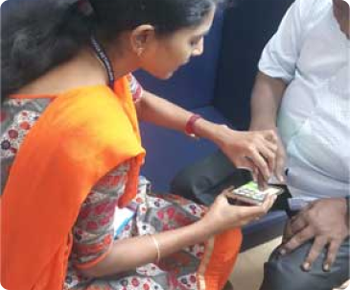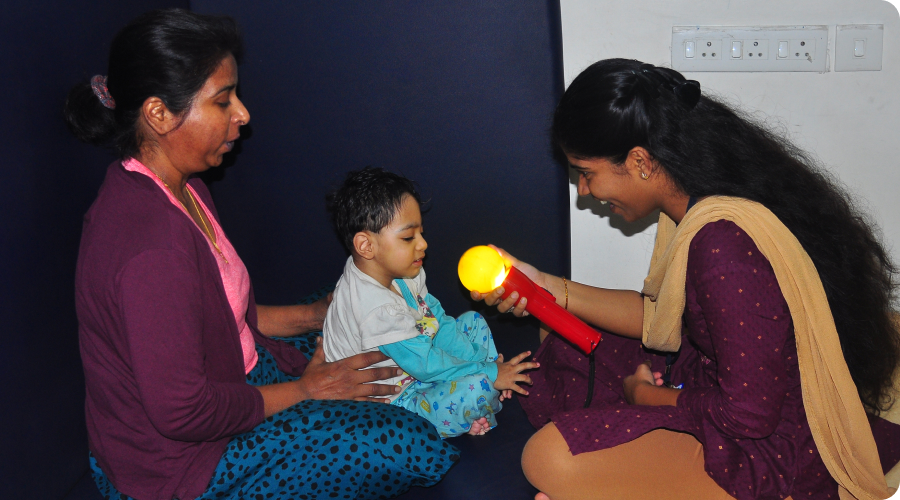
About the Clinic
The Vision Enhancement Clinic is engaged in utilizing the functional ability and improving quality of life of an individual.
Intent of VEC
People with uncorrectable vision impairments have difficulty in their quality of living and independence. With a referral from an Ophthalmologist, Vision Enhancement Clinic is committed to advocate and provide services so that people improve their visual skills and abilities with residual vision.
What do we do?
Once the patient has been identified and referred, team of rehabilitation professionals will provide therapy to patients with visual impairments to improve their functioning level in daily activities and train patients in activities like computer training, communication skills, home management skills, orientation and mobility, modifying adaptations in different environment.
